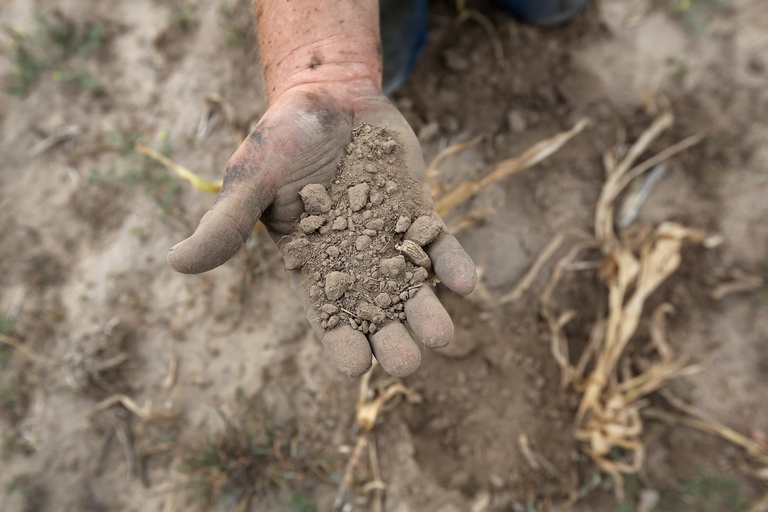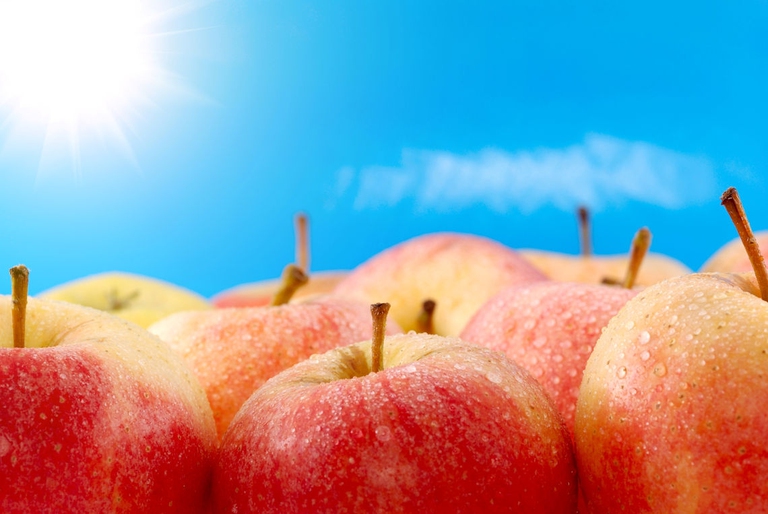Carrots, aubergines, strawberries, lemons, potatoes, lentils. Climate change will modify the quality of numerous food products in the next decades, according to an Australian study, published in March by the Melbourne Sustainable Society Institute, in collaboration with WWF. The research shows how the taste of some fruits and vegetables will significantly change due to temperature
Carrots, aubergines, strawberries, lemons, potatoes, lentils. Climate change will modify the quality of numerous food products in the next decades, according to an Australian study, published in March by the Melbourne Sustainable Society Institute, in collaboration with WWF. The research shows how the taste of some fruits and vegetables will significantly change due to temperature rise. In the meanwhile, extreme weather events will jeopardise some cultivations, resulting in rare and expensive products.
![Baskets Of Just-Picked Apples]()
Apples are an example of this. They are particularly sensitive to hot weather during ripening: only 10 minutes of exposition to extreme heat conditions can cause burns on the peel, shows the report. In august 2013, a Japanese study published by the scientific magazine Scientific Reports focused on this fruit, showing that rising temperatures will lead to an early blossoming of trees, with direct effects on sourness, textural attributes and the presence of sugar in apples.
Pineapple plantations, in Australia mainly located along the northern coasts of Queensland, could be affected by repeated devastations due to storms, as happened with hurricane Yasi in 2011. The pollination period of blueberries could be reduced, whilst cabbages, which need fresh conditions to grow, could reduce the ripening period to only one month by 2030. Carrots could change their taste, solidity and structure; the production of dairy products could drop, as well as that of honey.

Lemon trees could advance the appearance of fruits, limiting their harvest. Maize, grain and tomatoes plantations will be affected by water shortages. Strawberries, lemons, turnips, lentils and chickpeas will have agricultural outcomes way lower than the current ones, and will be threatened by the onset of several diseases.
The study is mainly focused on Australia, but as we all know, the problem affects the entire world. The FAO, in fact, has highlighted over and over again the consequences of climate change on hunger, malnutrition, and food security.
Translated by Camilla Soldati
Siamo anche su WhatsApp.
Segui il canale ufficiale LifeGate per restare aggiornata, aggiornato sulle ultime notizie e sulle nostre attività.

Quest'opera è distribuita con Licenza Creative Commons Attribuzione - Non commerciale - Non opere derivate 4.0 Internazionale.










